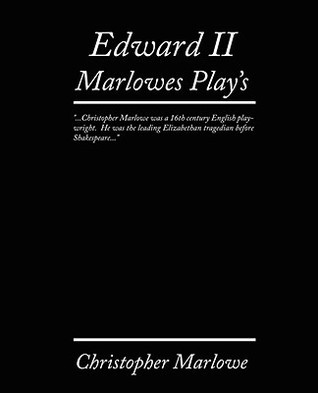What do you think?
Rate this book


108 pages, Paperback
First published June 19, 1593
I must have wanton poets, pleasant wits,
Musicians, that with touching of a string
May draw the pliant king which way I please:
Music and poetry is his delight;
Therefore I'll have Italian masks by night,
Sweet speeches, comedies, and pleasing shows;
And in the day, when he shall walk abroad,
Like sylvan nymphs my pages shall be clad;
My men, like satyrs grazing on the lawns,
Shall with their goat-feet dance the antic hay;
Sometime a lovely boy in Dian's shape,
With hair that gilds the water as it glides
Crownets of pearl about his naked arms,
And in his sportful hands an olive-tree,
To hide those parts which men delight to see,
Shall bathe him in a spring; and there, hard by,
One like Actæon, peeping through the grove,
Shall by the angry goddess be transform'd,
And running in the likeness of an hart,
By yelping hounds pull'd down, shall seem to die:
Such things as these best please his majesty.







